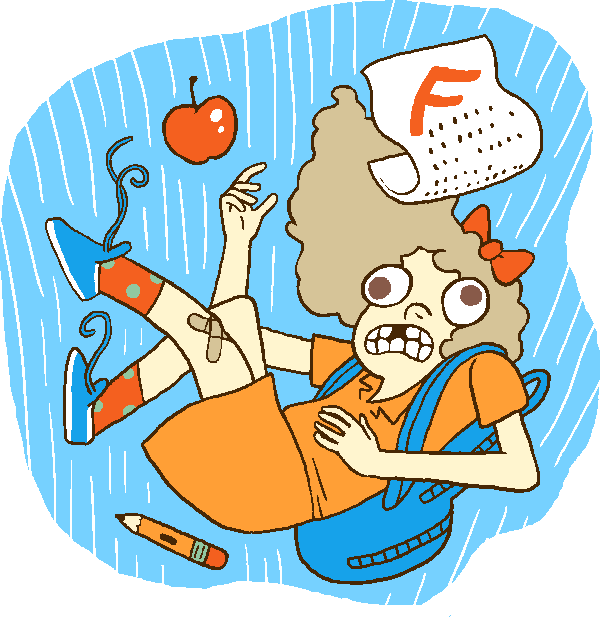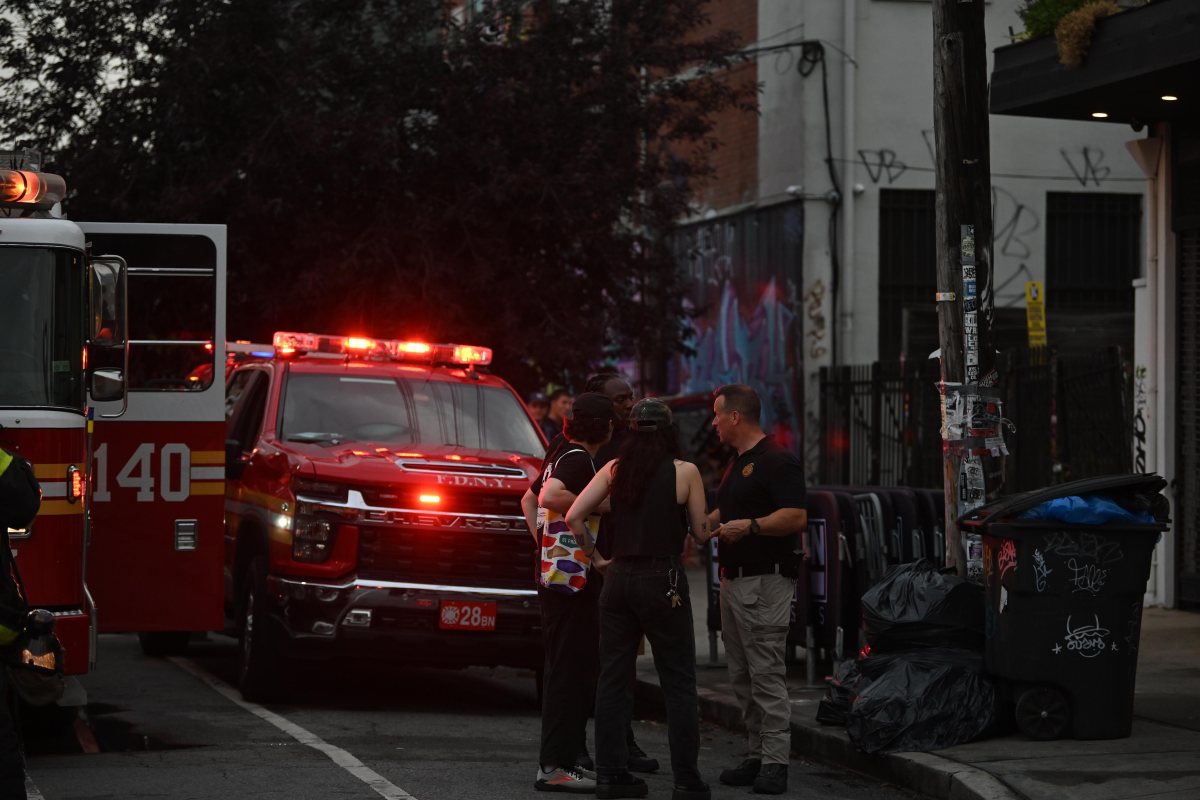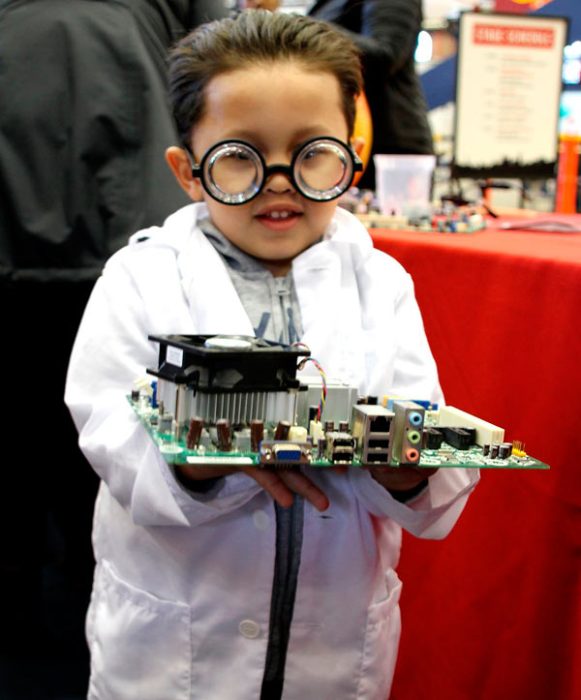Two Brooklyn science teachers will soon have some extra resources for their students, thanks to grant funding from the nonprofit organization Society for Science.
Michael Estralla, a biology teacher at Brooklyn Technical High School, and New Utrecht High School chemistry teacher Xue Qing Liang were awarded STEM Research grants by the Society on Feb. 21. The grants are given to teachers who engage their students in hands-on scientific research and investigations — especially in underserved communities, or in schools with students who are underrepresented in STEM (science, technology, engineering, mathematics) fields.
Nationwide, women and people of color are vastly underrepresented in STEM fields, according to the National Science Board. More than 70% of students at Brooklyn Tech are minorities, according to U.S. News and World Report, and more than 60% are “economically disadvantaged.” Almost 80% of students at New Utrecht High School are people of color, and more than 80% are eligible for free or reduced lunch programs.
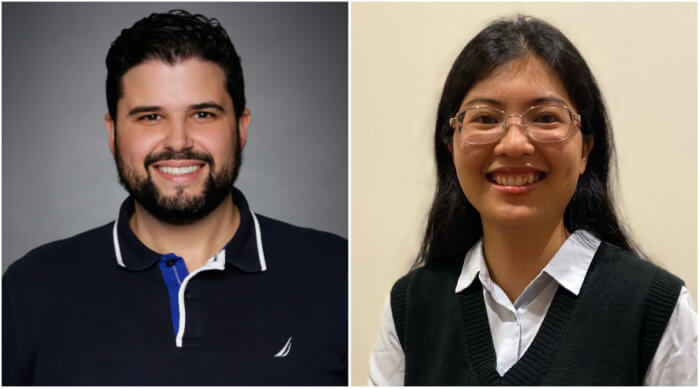
The winning teachers receive between $1,000 and $5,000 in research kits or funding to purchase STEM equipment pre-selected by the Society to bolster student projects.
“As an educator, my goal is to provide my students with the best possible learning experience and to help them reach their full potential,” Estrella said. “I am grateful for the opportunity to receive a research grant, which will allow my students to explore new avenues of research and lines of questioning, advancing their science education.”
Estrella and Liang can choose from “starter kits” with equipment to help students learn about coding, electronics, and programming; trail cams to monitor and study animal movement and patterns; or water monitoring kits, to measure contaminants in local bodies of water. Each winner also gets two “PocketLab Voyagers,” pocket-sized devices that measure velocity, altitude, and more from anywhere a student might roam.
“With this tangible equipment, my students will be able to explore more abstract science concepts, igniting their interest in the STEM field for the future,” Liang said. “Students will be able to work in groups to begin their research project without fundraising and financial hesitation. Since each kit is associated with different topics, students can pick based on their preferences and academic background. They can use these kits to collect precise data for their research projects. Once they have accurate data, it will be easier for them to analyze and conclude.”
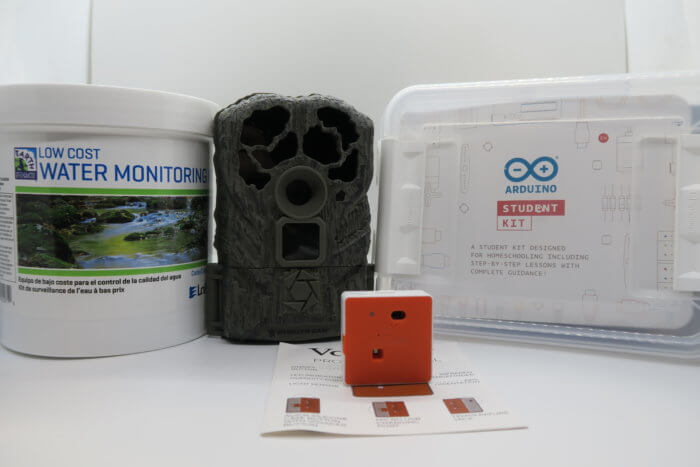
This year, Society for Science has awarded a total of $100,000 in grants, which will in turn help thousands of students nationwide — especially in diverse and lower-income communities — gain opportunities to learn and strengthen their STEM skills. Since its inception in 2017, the organization has provided over $775,000 in research grants in all 50 states, Washington D.C., Guam, Puerto Rico, Peru, Mexico, Uruguay and American Samoa.
“I believe this grant will not only benefit my students, but any students in my school community that wish to conduct research. I am excited to begin using the equipment provided in the grant and to see the impact it will have on my students’ research,” said Estrella.


